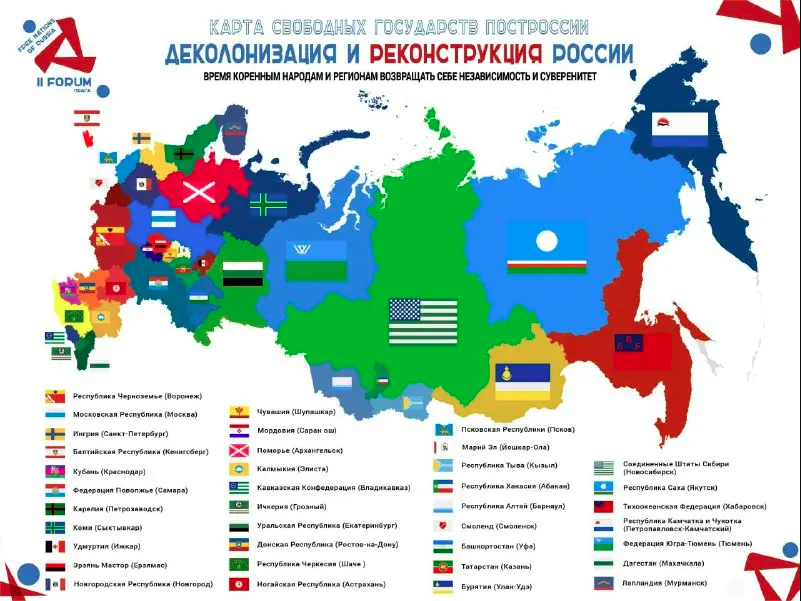Competing large states, the superpowers, aim to eliminate their opponent from the game. This can be done in a variety of ways. One of these, of course, is war: one rival destroys the other, subjugates it or wipes it off the world map. This is how, in three wars, ancient Rome wrestled with Carthage and brought about its annihilation; Rome did not annihilate Greece, but subjugated it, and since the Greeks did not resist in the time in which they were subject to Rome, and that’s where it ended. Another way of settling a rivalry is to weaken the state that one sees as a rival to rule over a region of the world or over the whole world. The victorious state takes away industrially or strategically important parts of territory from the defeated state. Still another way is to make the competitor economically or financially dependent. This is how perennial colonial states continue to rule former colonial territories, although they have officially withdrawn from them: they rule them through money and economic connections. The last way to subjugate an adversary, to weaken or eradicate it, is through territorial partition: the breaking up of a state territory into several smaller ones, which is generally done by exploiting frictions, resentments and hostilities that exist on national religious or anthropological grounds. This is how Yugoslavia was dealt with. This state of the southern Slavs, whose territory had an area comparable to that of Romania, was divided into several smaller political entities.
The West conceived a similar collective fate for the Russian Federation. The driving force is the United States and the United Kingdom, while the tool is the European Union and especially the countries of Central Europe, as well as so-called dissidents – citizens of the Russian Federation who act to the detriment of their own state. The idea of dividing Russia into a dozen or more parts was given the name of decolonization. The creators of this notion assume that Russia is in fact a conglomeration of the Russian centre with many colonies, and that the difference between the colonies ruled by Moscow and those once ruled by Paris, London or Berlin is only that the Russian colonies are not overseas. What is being proposed, therefore, is decolonization – as it is now fashionably said and written – 2.0 (that is, the second, as the first was either the decolonization carried out between 1950 and 1970 in Africa and Asia, or the decolonization of the USSR, a preliminary to the now proposed division of the vast territory that was under the Kremlin’s rule until 1991).
The idea of splitting the Russian Federation into multiple political entities is justified on the grounds that Russia, its elites and even the mentality of its people, grew out of dictatorial and slave traditions and as such are unreformable. It is said that Russia as it exists will be a constant threat to world peace and that a single centre of power is incapable of efficiently managing such a large territory, let alone such a large and ethnically and religiously diverse population. (One might ask, as an aside, how it is that the same judgement is not applied either to the United States, which is, after all, a territorially huge and population-diverse state, or to the European Union, which is absorbing more and more new members and seeking to administer the whole uniformly from a single centre in Brussels, but never mind). Since Russia is a nuclear-armed state, it is not proposed to provoke a war for this purpose; rather, it is recommended that the various nationalities and religions living on the territory of the Federation should peacefully assert their independence. The weapons are to be strikes, demonstrations, pickets, civil disobedience and all that makes up the technique of instigating and carrying out colour revolutions.

(Again, one would like to ask, as an aside, that if the West – and above all the United States and the United Kingdom – are so keen on the destruction of Russia, why the hell did they prevent the Third Reich from accomplishing this work?)
If the reader does not believe that these are precisely the aims of the West, let them consult the materials of the three Forums of Free Nations of PostRussia:
– the first held in Warsaw, Poland (05 August 2022),
– the second – in Prague, Czechia (22-24 July 2022), while the
– the third a few days ago – in Gdansk, Poland again (23-25 September 2022).
The participants were representatives of the various nationalities (list in attached link) that live on the territory of the Russian Federation as well as politicians and journalists from Europe and America. The map of the projected division is worth studying in more detail. It is noteworthy that among the more than a dozen states, there is not a single one! that would be called Russia.
The meetings held within these forums are nothing secret, although they probably did not make the headlines in the Western media. What do you think, dear Reader, are the Russians – or, to be more precise, are the Russian leaders – unaware of these forums and of the Western world’s plans concerning their country? How do you think, dear Reader, are they not passing on news of these plans to their own citizens? Finally, dear Reader, what kind of reactions do you think the news about the intentions to tear Russia apart and about the fact that even the name Russia is to be obliterated provokes among ordinary Russians?
Sources:
① Forum Wolnych Narodów (Post)Rosji
② Forum Wolnych Narodów Rosji. Czas zdekolonizować imperium
③ 3rd Forum of Free Nations of PostRussia
④ III Free Nations of PostRussia Forum, YouTube
You can read more about the plans to divide Russia (and other countries) in Gefira 66.




